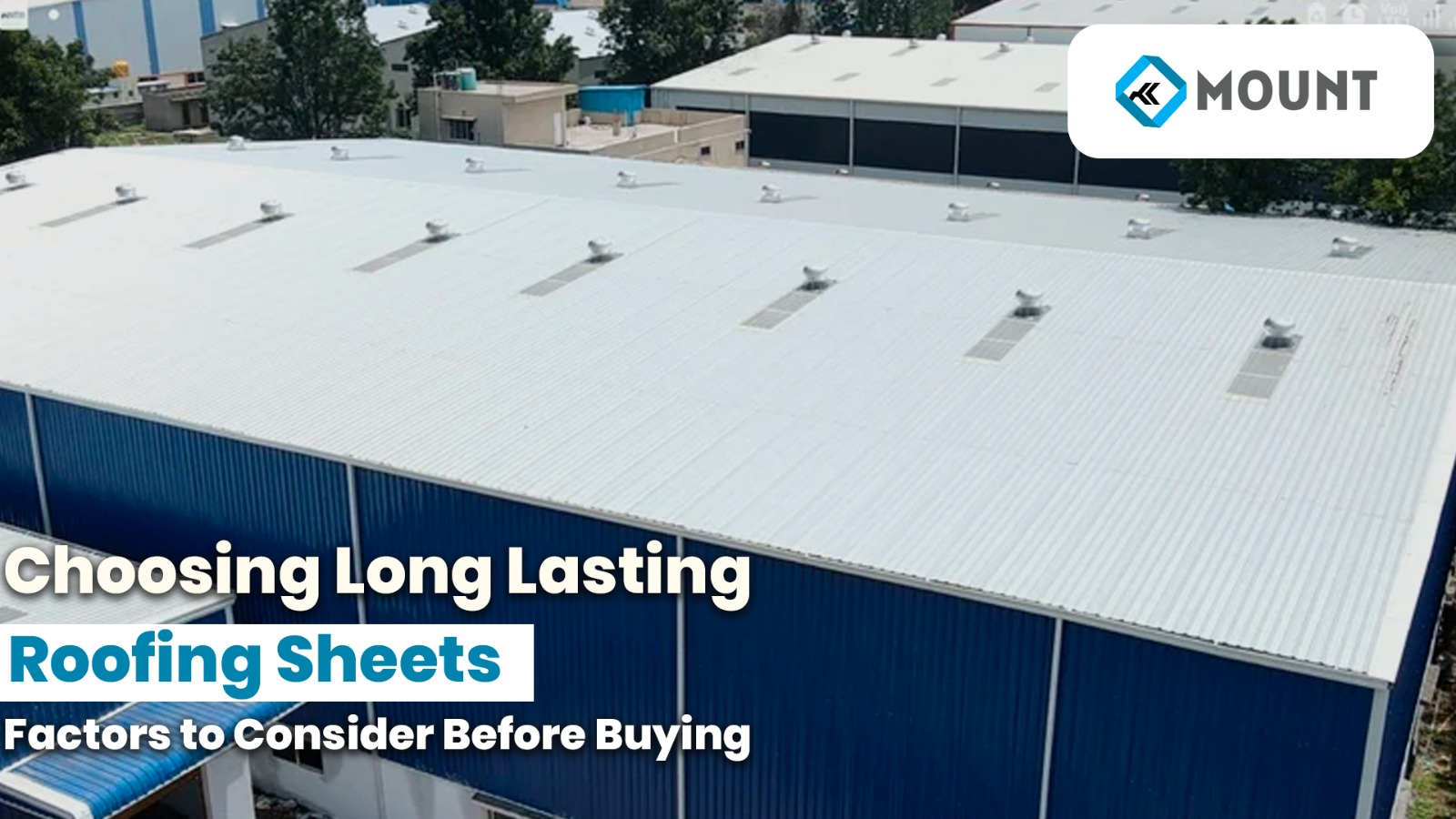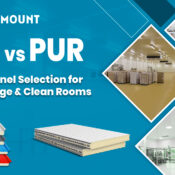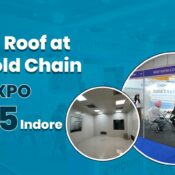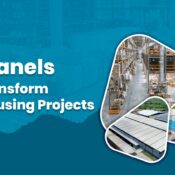
Choosing Long-Lasting Roofing Sheets: Factors to Consider Before Buying
When it comes to protecting your property from harsh weather conditions, selecting the right roofing solution is crucial for long-term durability and cost-effectiveness. Modern construction demands have revolutionised roofing technology, leading to advanced materials like PUF Panel systems that offer superior insulation and structural integrity. Whether you’re constructing a new building or replacing an existing roof, understanding the key factors that influence roofing performance will help you make an informed decision. At MOUNT, we believe that quality roofing is an investment in your property’s future, and choosing the right materials today can save you significant maintenance costs tomorrow.
Understanding Modern Roofing Materials
Roofing PUF Panels have emerged as a leading choice for industrial and commercial applications due to their exceptional thermal properties and lightweight construction. These panels consist of polyurethane foam core sandwiched between metal sheets, providing excellent insulation while maintaining structural strength. The versatility of these panels makes them suitable for various architectural designs, from warehouses to residential complexes.
The construction industry has witnessed a significant shift toward energy-efficient building solutions, and PUF Sandwich roofing Panel Price considerations often reflect the long-term value these materials provide. While initial costs may seem higher than traditional materials, the energy savings and reduced maintenance requirements make them economically viable over time.
Critical Factors for Material Selection
Durability and Weather Resistance
Climate conditions play a pivotal role in determining the lifespan of your roofing system. PUF Wall Panel Thickness directly correlates with the material’s ability to withstand extreme temperatures, heavy rainfall, and strong winds. Thicker panels generally offer better insulation and structural integrity, making them ideal for regions with harsh weather patterns.
Consider the local climate when evaluating material options. Coastal areas require materials with enhanced corrosion resistance, while regions with extreme temperature variations need panels with superior thermal stability. MOUNT’s extensive experience in diverse climatic conditions has shown that proper material selection can extend roof life by 15-20 years compared to inadequate choices.
Cost-Effectiveness and Budget Planning
Understanding PUF Panel Price variations helps in creating realistic project budgets while ensuring quality isn’t compromised. Factors influencing pricing include panel thickness, surface finish, insulation properties, and manufacturer’s reputation. Smart buyers often discover that investing in premium materials reduces long-term ownership costs through lower energy bills and minimal maintenance requirements.
Budget considerations should encompass not just initial purchase costs but also installation expenses, maintenance schedules, and potential energy savings. A comprehensive cost analysis reveals that high-quality panels often provide better return on investment despite higher upfront costs.
Technical Specifications and Performance
PUF Panel Thickness specifications must align with your building’s structural requirements and local building codes. Standard thicknesses range from 50mm to 150mm, with each option serving specific applications. Industrial buildings typically require thicker panels for enhanced load-bearing capacity, while residential applications may benefit from moderate thickness options that balance cost and performance.
The core density and metal gauge of PUF Sandwich Panel systems significantly impact their performance characteristics. Higher-density cores provide better compressive strength, while appropriate metal thickness ensures adequate structural support and weather protection.
Selecting the Right Manufacturer
Choosing a reliable Puf Panel Manufacturer is equally important as selecting the right panel specifications. Established manufacturers typically offer comprehensive warranties, technical support, and consistent quality standards. Look for manufacturers with proven track records, relevant certifications, and strong customer service capabilities.
MOUNT recommends evaluating manufacturers based on their production capacity, quality control processes, and after-sales support. A reputable manufacturer should provide detailed technical documentation, installation guidelines, and responsive customer service to address any concerns during the project lifecycle.
Installation and Maintenance Considerations
Proper installation techniques significantly impact the performance and longevity of roofing systems. Even the highest quality panels can fail prematurely if installed incorrectly. Ensure your installation team has experience with the specific panel type and follows manufacturer guidelines precisely.
Regular maintenance schedules help identify potential issues before they become costly problems. Simple inspection routines can detect loose fasteners, damaged seals, or corrosion spots that, when addressed promptly, prevent major structural damage.
Final Thoughts
Selecting long-lasting roofing sheets requires careful consideration of multiple factors, including material quality, climate compatibility, cost-effectiveness, and manufacturer reliability. By prioritising durability over short-term savings and working with experienced professionals, property owners can achieve roofing solutions that provide decades of reliable protection. MOUNT’s commitment to quality and customer satisfaction ensures that your roofing investment delivers maximum value and performance for years to come.
Frequently Asked Questions (FAQ)
Q1: What is the typical lifespan of PUF panels compared to traditional roofing materials?
A: PUF panels typically last 25-30 years with proper maintenance, significantly longer than conventional materials like asbestos or tin sheets, which may require replacement every 10-15 years.
Q2: How do I determine the right panel thickness for my specific building requirements?
A: Panel thickness depends on factors like span length, load requirements, climate conditions, and building codes. Consult with structural engineers and follow local building regulations for optimal selection.
Q3: Are PUF panels suitable for residential applications, or are they only for industrial use?
A: PUF panels are versatile and suitable for both residential and industrial applications. Modern residential designs increasingly incorporate these panels for their energy efficiency and aesthetic appeal.
Q4: What maintenance procedures are recommended to maximise the lifespan of PUF panel roofing?
A: Regular inspections for loose fasteners, cleaning of drainage systems, checking sealant integrity, and prompt repair of any damage are essential maintenance practices that extend panel life significantly.





